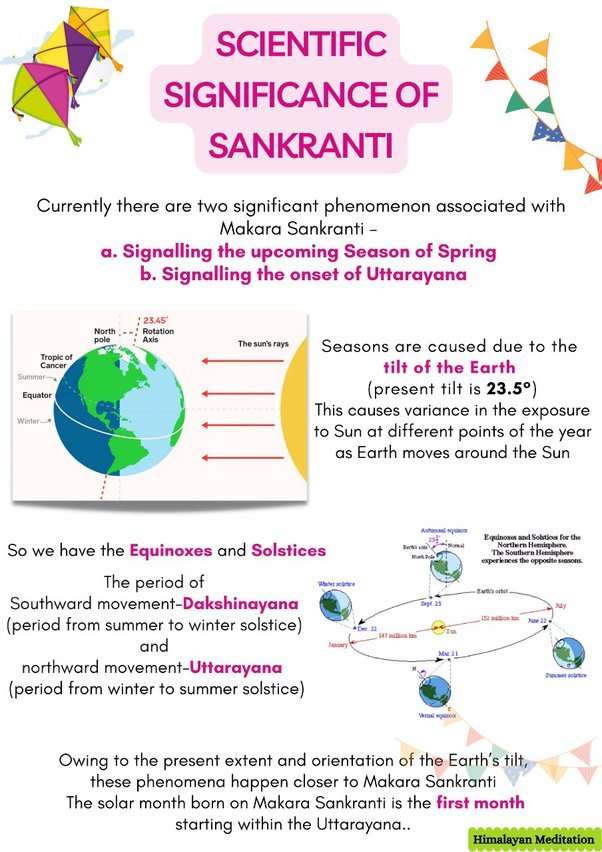LOHRI FESTIVAL: History and Significance

The Festival of Lohri marks the beginning of the end of winter and the coming of spring and the new year. It is an occasion to celebrate the harvest of rabi crops, those which are sown in winter.Winter crop in the northern parts of India. This winter (rabi) crop is sown in the months of October and harvested in March or April.
So the highlight of this festival is winter foods like sarson (mustard leaves), sesame, whole wheat and spinach. Til (sesame) and rorhi (jaggery) are eaten as traditional foods. The words til and rorhi together make ’tilorhi’, and eventually got rechristened to Lohri, it is believed.
Bonfire is an important part of this festival. It symbolizes Agni, the God of Fire. Lohri is essentially a festival dedicated to fire and the sun god. It is the time when the sun transits the zodiac sign Makar (Capricorn), and moves towards the north. In astrological terms, this is referred to as the sun becoming Uttarayan.The following day is celebrated as ‘Makar Sankranti’ to mark the beginning of bright days ahead.
The Lohri of north India coincides with Pongal in Tamil Nadu, Makar Sankranti in Bengal, Magha Bihu in Assam, Tai Pongal in Kerala, all celebrated on the auspicious day of Makar Sankranti.
LEARNING WITH TIMES
Like all Indian festivals, Lohri also has some legends and lore attached to it.One of the many interesting legends has it that in a place that lies between Gujaranwala and Sialkot, there was a thick forest known as Rakh.The forest was the home of Dulla Bhatti, a dacoit who was considered as the Robin Hood of Punjab.
This brave and generous man was always helpful to the needy. During the reign of Mughal Emperor Jahangir, a jealous Hindu spread a rumour that his niece was very beautiful and would do credit to the Muslim harem.On hearing this, the Mughal officers wanted to carry her off forcibly. The girl’s father was extremely worried and sought the protection of Dulla Bhatti.Dulla at once got her married to a young Hindu boy at a simple ceremony in the forest. He lit the sacred fire in keeping with the Hindu custom.Since there was no priest to chant the holy mantras, he broke into a hilarious song composed extempore to add cheer to the occasion. This song is sung even today on the occasion.
As per the Hindu calendar, in the mid-January, the earth starts its journey towards the sun bringing end to Paush, the coldest month of the year. According to the Shrimad Bhagawad Gita, Lord Krishna manifests his full divinity during the period of Lohri. A day later, the auspicious Makara Sankranthi helds which marks the end of the winter season. Thousands of Hindus bath in the Ganges to nullify their sins.







0 Comments